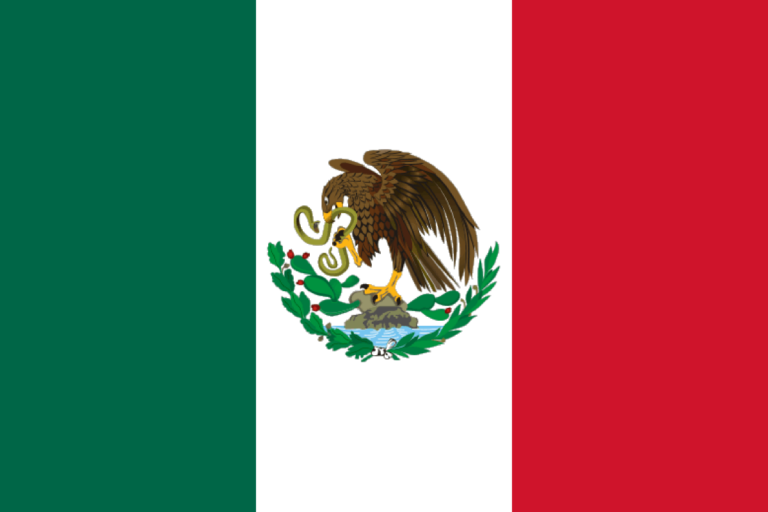Why is abortion not legal in Latin America despite the incredible number of pro-abortion attempts to legalize it? An in-depth analysis would surely consider the historic, sociological, religious, and other aspects. But from my daily experience working in the pro-life movement as the PRI Director of the Latin American office, I would say that the real reason abortion is not legal in Latin American is people. Extraordinary persons are doing an extraordinary job holding the line and, most of the time, they do this work behind the scenes, receiving no credit for their work.
When we list the most important pro-life crises in Latin America it is easy to see only the difficulties and the setbacks. I invite you to see the many people who are working, praying and hoping for an end to abortion all over the world. Let us see what the current battlegrounds for life are in Latin America:
Colombia
Colombia partially legalized abortion in 2006. Colombian pro-abortionists and public health officials in the current administration are worried because women are not flocking to the abortion clinics as they had predicted. Only a few abortions were performed the first year after the decision of the Constitutional Court to legalize abortion in certain circumstances. No more than a hundred abortions were performed, in contrast with the invented numbers of the pro-abortion propaganda that 400,000 illegal abortions occurred every year before the legalization of abortion. As incredible as it may seem, the administration claims that the small number of abortions is because women lack information about the new regulations. They have begun a campaign to educate women about their “reproductive right” to abort their babies. Pro-lifers are engaged in a civil resistance campaign.
Mexico
A pro-abortion law has been approved in Mexico City. There have been few abortions, like in Colombia. Also the recent death of a young woman in “a legal and safe abortion” is showing the basic lie of abortion. Pro-lifers are fighting day by day to show that abortion hurts women. The Supreme Court will decide in a few months if the Mexico City abortion law is constitutional or not. The Test of the Mexican States will follow that decision.
Brazil
Many veiled attempts by President Lula to decriminalize abortion and implement abortion services through public health system regulations have failed but this continues to be a threat. Now the Supreme Court is about to decide when human life begins in a legal action against the manipulation of embryos. This line must be held.
Peru
Some months ago, pro-lifers won a battle stopping “a protocol of therapeutic abortions.” A document from the Presidency of the Cabinet has stated that such protocols couldn’t be approved, because abortion is a crime and therefore cannot be regulated. Recently, pro-abortionists have tried to pass a similar protocol in another important Peruvian city, Arequipa. This is a desperate attempt on their part to revive the issue.
Ecuador and Bolivia
Both countries are in the process of approving new constitutions. In both, there could be a loophole that allows for the legalization of abortion. In Bolivia Evo Morales has presented a draft eliminating legal protection for the unborn. The proposed constitution states only that there is a right to life without determining when life begins. President Rafael Correa in Ecuador faces fewer political problems than Morales in Bolivia. He is sure he will win the referendum to approve the new constitution. His draft includes a text “prohibiting abortion with exceptions prescribed by law.” Pro-lifers are aware that this opens the floodgates to allowing all abortions. The pro-abortion movement tried unsuccessfully to pass a similar law in Peru five years ago.
Uruguay
A bill of sexual and reproductive health has been introduced which includes abortion on demand up to 12 weeks of pregnancy. Pro-lifers fought a tremendous battle and won the first round of voting to reject the bill in the Senate. But pro-abortion forces managed to replace some pro-life senators to win a second vote by only three votes. Although President Tabaré Vasquez has promised to veto any pro-abortion hill, pro-lifers are not taking any chances. Now they are focused on stopping the hill in the Deputy’s Chamber.
Dominican Republic
A bill is being discussed which will use some exceptions for hard cases in order to decriminalize abortion. The current President, who is seeking reelection, is the principal promoter of that bill. Strong opposition from the Catholic Church and pro-life organizations might stop it.
Panama
In a recent Weekly Briefing we described how pro-lifers are stopping a hill that would strike at the heart of parental rights in Panama. A pro-abortion reaction is going on and pro-lifers are opposing that.
These are not the only places where life in under attack in Latin America, but only the most important current battles. In all Latin American countries, pro-lifers are constantly opposing birth control programs, the morning after pill, gender and reproductive rights bills and chemical abortion.
The attacks are growing in number but also are becoming more subtle and tricky. PRI is helping all the people who are holding the line with information and political assistance, However, we are aware that we need to be more prepared and united in order to defeat these attacks. We are planning to have a training session in Lima during 2008.
Of course, we are confident that God is supporting all our efforts. This makes me wonder if pro-lifers are extraordinary persons called to do this job or if the call to pro-life work is an invitation to make you a better person day by day.










